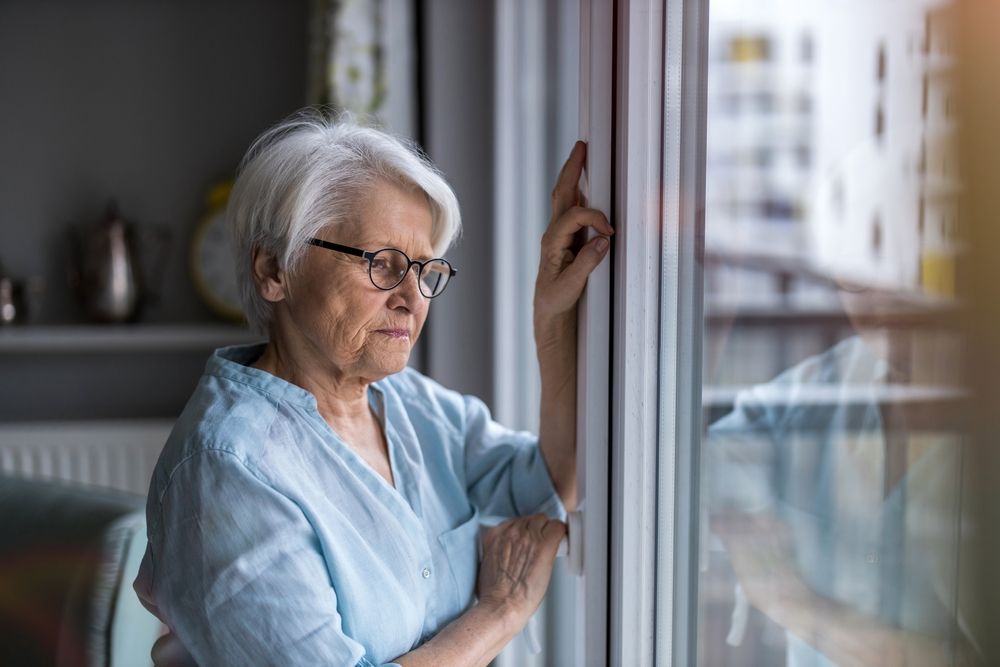All posts
Coping with abusive adult children
If your relationship with your adult child is causing you to feel scared or anxious, you may be experiencing abuse. Adult children are the most common perpetrators of elder abuse. In this blog post, we offer some advice on what to do if you are experiencing elder abuse from your child. 1. Recognise elder […]


If your relationship with your adult child is causing you to feel scared or anxious, you may be experiencing abuse.
Adult children are the most common perpetrators of elder abuse.
In this blog post, we offer some advice on what to do if you are experiencing elder abuse from your child.
1. Recognise elder abuse
Elder abuse is any act or behaviour by a trusted person that causes harm or distress to an older person.
The signs of elder abuse are not always obvious. Elder abuse can take many forms, including physical, emotional, psychological, financial, social, neglect, or sexual. Whether it’s intentional or not, there’s never an excuse for abuse.
Feeling afraid or anxious about your relationship with your adult child is likely a sign that you are at risk of or experiencing elder abuse.
2. Know your worth
Self-compassion and self-confidence can help you to realise that being abused is unacceptable.
Here are some self-love tips:
- Your worth is not lesser because of your age
- Ageing brings many strengths, such as wisdom and experience
- Your value is not based on how productive you are or what you do for others
- Your age is no excuse for others to treat you poorly, nor to take advantage of or control you.
3. Seek counselling
It’s okay to ask for help.
A counsellor can help you to explore your concerns and to connect you with the appropriate resources. Together, you can determine a safe solution specific to your situation.
The Elder Abuse Prevention and Support Service (EAPSS) is a free service that prioritises the safety of older people.
4. Attend mediation
There is a common saying that “Hurt people, hurt people.”
There is absolutely no excuse for abuse. But it may be that your adult child is facing a mental health struggle of their own which contributes to their abusive behaviour.
If you would like to restore your relationship with your adult child, you may like to consider family mediation. The Senior Relationship Mediation Service offers mediation for older Queenslanders and their families.
5. Set boundaries
Boundaries can help to protect your mental, physical, and emotional wellbeing within relationships.
If you are feeling like you are walking on eggshells around your adult child, it may be a sign that you need to establish boundaries.
Once you have identified what your boundaries are, it is important to communicate them to your adult child. Maintain consistency to help ensure that your boundaries are respected.
We offer a guide to setting boundaries in our blog post, How to Set Boundaries in a Relationship.
6. Connect with supportive peers
Being socially isolated makes older people more vulnerable to elder abuse.
At any age, having a supportive group to socialise with is beneficial for your mental health. It is important to have people to lean on for support and to compare your experience with.
You may find a social group or new friends through a local aged care network, community centre, religious group, or online. We offer some tips for seniors to stay connected in our blog post, Staying Social As You Age.
Relationships Australia Queensland’s Senior Social Connection Program helps older Queenslanders in Sunshine Coast and Gympie to stay connected. Seniors in other areas of Queensland can find helpful socialising resources on the Queensland Government website.
If you or an older person you know may be a victim of elder abuse, our experienced counsellors are here to help. We can help you explore your concerns and possible solutions in a safe and supportive environment.
You can learn more about our Elder Abuse Prevention and Support Service here, or call 1300 063 232.
Want to receive updates on our Senior Relationship Services blog posts?
Back to all posts